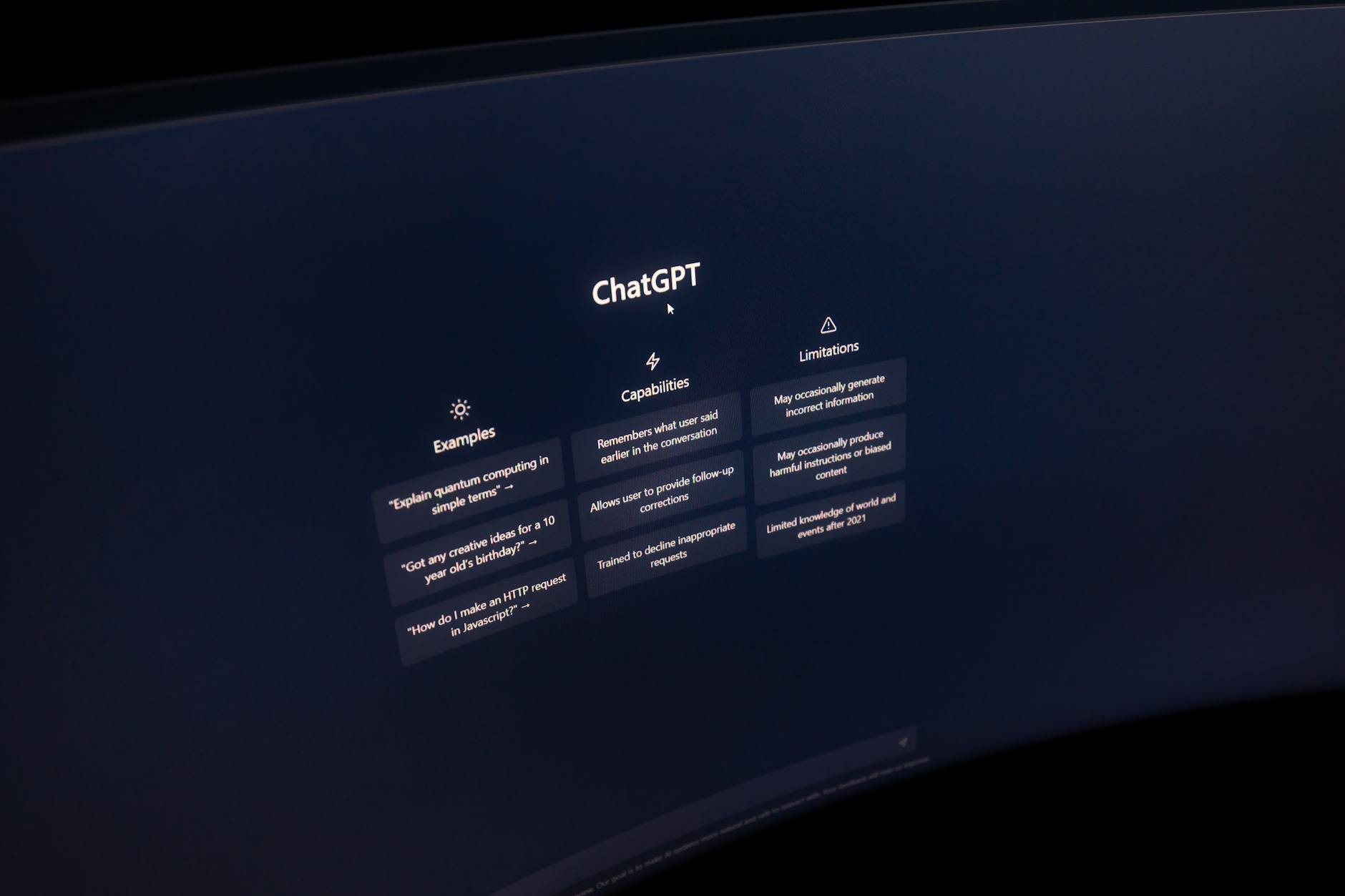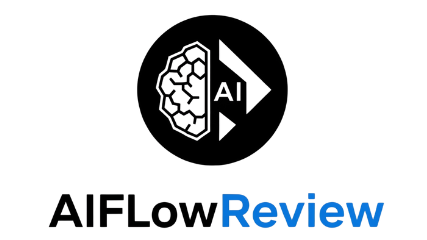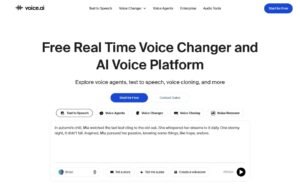The way brands reach people is changing fast. Not long ago, marketing felt like throwing spaghetti at the wall and hoping something would stick. Now, thanks to AI marketing platforms, I can use real data, prediction, and automation to make smarter decisions.
AI cuts out much of the guesswork. Whether you run a growing startup, work in a huge brand, or manage your own online shop, knowing “What Are AI Marketing Platforms?” makes a big difference. These tools are already reshaping how ads, content, and campaigns work. Understanding them is a must if you want to keep up, work smarter, or even just satisfy your curiosity about what’s next in marketing.
Breaking Down AI Marketing Platforms: What They Really Do
 Photo by Matheus Bertelli
Photo by Matheus Bertelli
Let’s keep it plain: AI marketing platforms are software powered by artificial intelligence. They use tech like machine learning, natural language processing (how computers “understand” text), and predictive analytics to do the heavy lifting in marketing.
Here’s what’s really happening behind the scenes:
- Content Creation: AI helps write blog posts, emails, ads, and even social media captions. Jasper is one popular example that uses large language models (LLMs) to churn out compelling marketing copy at scale.
- Audience Targeting: Machine learning finds patterns in your audience data (like who clicks, buys, or subscribes) and predicts who’s most likely to engage.
- Workflow Automation: AI remembers tasks, schedules posts, writes personalized messages, and triggers campaigns automatically.
- Campaign Management: Platforms like Albert.ai optimize every step of an ad campaign—allocating budgets, testing audiences, and refining messages in real time.
- Data Analysis: Instead of staring at endless spreadsheets, AI platforms visualize trends, surface key insights, and suggest your next move.
LLMs, such as ChatGPT or Claude, power the text generation and smart chatbots many platforms rely on. They don’t just spit out words—they learn from data and improve their recommendations over time.
Even giants like Semrush use proprietary data and predictive models to guide keyword choices and competitor research (source). Some platforms even blend AI with customer data, as the Salesforce Marketing Cloud does, to build a smooth, personalized user journey.
How AI Marketing Platforms Transform Everyday Marketing
The shift is clear: AI marketing platforms replace grunt work and guesswork with swift, automated processes. Here’s why that matters to me every day.
- Faster Campaigns: What used to take me a week, now takes hours or minutes.
- Better Personalization: AI gets to know my customers almost better than I do, helping me speak directly to their needs.
- Smarter Targeting: Automated workflows mean my ads and messages reach the right segments with almost no extra effort.
- Real-Time Decisions: Platforms crunch numbers in the background and give live reports, letting me change direction instantly rather than after it’s too late.
Let’s break down some use cases:
- Automated Ad Targeting: AI optimizes budgets and placements for the highest return.
- Hyper-Personalized Content: Every email, ad, or notification is tailored to the user, boosting engagement rates.
- Customer Segmentation: Advanced models split my audience based on purchase intent, preferences, and even mood or sentiment.
- Social Listening & Analytics Tools: I can scan for what’s trending, what people say about my brand, or what competitors are doing, in real time.
If you want to compare different options, the top-rated AI marketing tools and platforms directory offers in-depth reviews and comparisons. This helps me weigh the features, costs, and real user experiences before I pick a tool.
Emerging Trends: Agentic Marketing and Responsible AI
Agentic marketing is next-level stuff: autonomous AI agents that can run entire multi-step campaigns with little or no human input. These “agents” review data round-the-clock, adjust campaigns, and even create content on the fly. It’s not sci-fi. Jasper has launched some of these features, and Salesforce’s Marketing Cloud is moving this way too (source).
Another big trend is retrieval-augmented generation. In simple terms, it means AI tools can pull in up-to-date information or brand knowledge, so output is always relevant. This raises the bar for accuracy, especially in ad copy or customer support.
I’m also keenly aware of the ethics and privacy involved. More brands are putting checks in place, making sure AI uses data responsibly. New platforms are embedding features for GDPR compliance and data transparency, especially as rules get stricter worldwide.
Quick Comparison: Agentic vs Traditional Platforms
| Feature | Traditional Tools | Agentic AI Platforms |
|---|---|---|
| Campaign Execution | Manual or partially automated | Fully automated, adaptive |
| Personalization Level | Rules-based | Predictive, deep context |
| Data Privacy Tools | Varies | Regular audits, integrations |
| Workflow Ability | Limited, scripted | Dynamic, flexible, hands-off |
| Example | Standard email automation | Jasper, Albert.ai agents |
The Road Ahead: My Take on Smart Marketing
Knowing “What Are AI Marketing Platforms?” isn’t just for techies or CEOs. If you create content, place ads, or manage customers, you’ll see AI tools more and more—speeding up work, slashing mistakes, and helping your brand stand out.
I recommend trying a platform that matches your current needs, even if you just take it for a spin. And if you like comparing features or want deep expert reviews, don’t forget the directories and guides available, like the comprehensive resource at AI Flow Review. AI in marketing is changing fast, and staying informed helps me keep up, work smarter, and spark new ideas. With a thoughtful approach, I use AI to blend creativity with results—boosting both efficiency and fun in modern marketing.

















